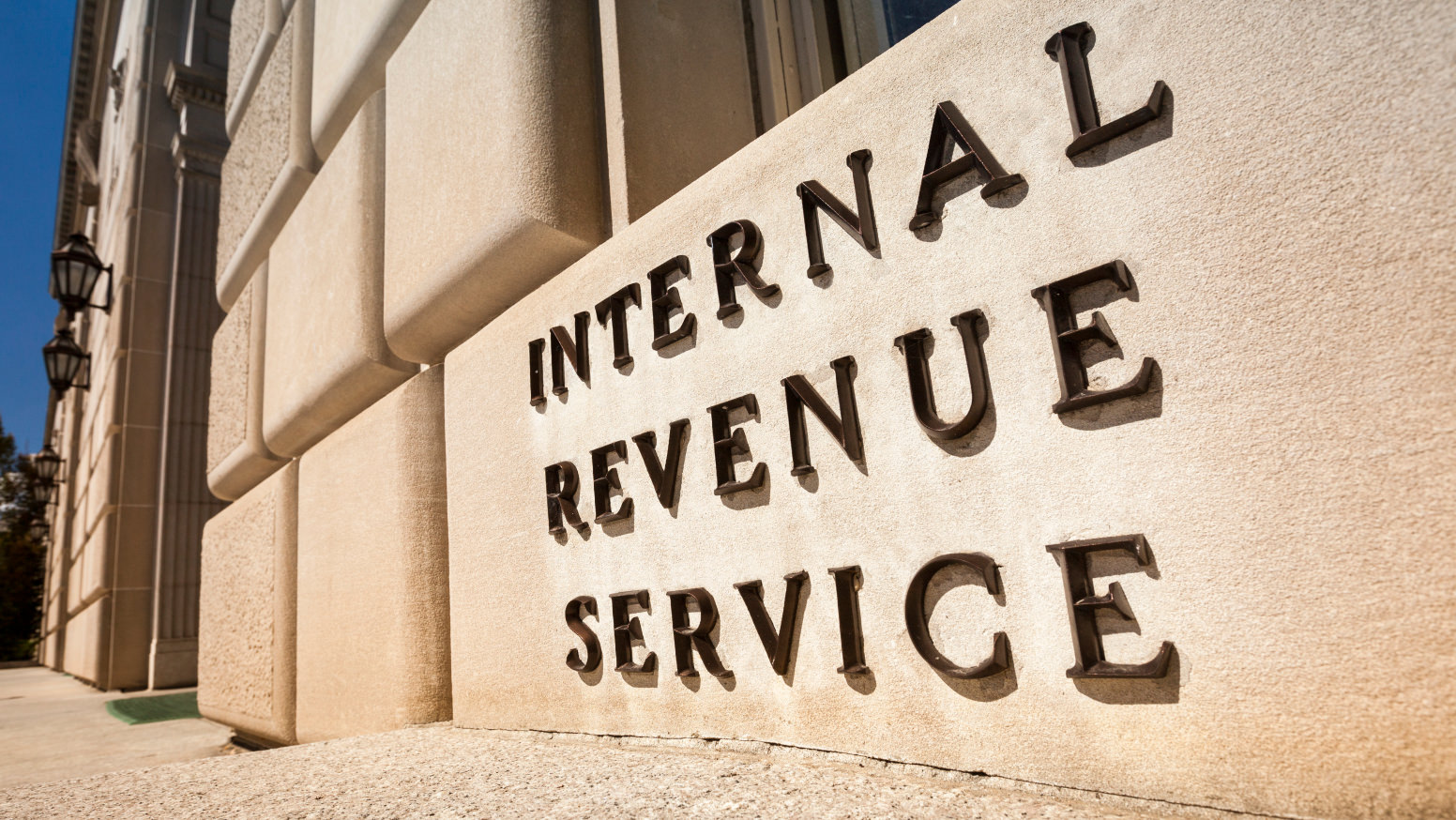Question. What is a Small Tax Case?
Answer. “Small tax cases” are handled under simpler, less formal procedures than regular cases. However, the Tax Court’s decision in a small tax case cannot be appealed to a Court of Appeals by the IRS or by the taxpayer(s).
If you seek review of one of the four types of IRS Notices listed in paragraph 1 of the petition form (Form 2), you may file your petition as a “small tax case” if your dispute meets certain dollar limits (described below).
You can choose to have your case conducted as either a small tax case or a regular case by checking the appropriate box in paragraph 4 of the petition form (Form 2). If you check neither box, the Court will file your case as a regular case.
Dollar Limits: Dollar limits for a small tax case vary slightly depending on the type of IRS action you seek to have the Tax Court review:
1. If you seek review of an IRS Notice of Deficiency, the amount of the deficiency (including any additions to tax or penalties) that you dispute cannot exceed $50,000 for any year.
2. If you seek review of an IRS Notice of Determination Concerning Collection Action, the total amount of unpaid tax cannot exceed $50,000 for all years combine.
3. If you seek review of an IRS Notice of Determination Concerning Your Request for Relief From Joint and Several Liability (or if the IRS failed to send you any Notice of Determination with respect to a request for spousal relief that you submitted to the IRS at least 6 months ago), the amount of spousal relief sought cannot exceed $50,000 for all years combined.
4. If you seek review of an IRS Notice of Determination of Worker Classification, the amount in dispute cannot exceed $50,000 for any calendar quarter.

